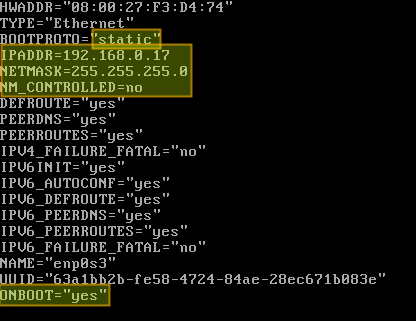


Jeff: If they’re coming to me we’re going to talk about how that claim came about, why they thought they were entitled to it, and what sort of documentation they have to back it up. How do you prepare? What’s the next step that you take? Let’s say somebody got this letter saying “We have concerns about your return”. Jeff: Those change from year to year, but there are certain claims that often get looked at: childcare expenses, large donation receipts, employees claiming expenses like motor vehicle, people claiming their home office expense. What are the red flags you know of that the CRA looks for that might make somebody a bit of a target? Jeff: I tell them that they’ve done the right first step, that they’ve opened the envelope, they’ve taken this on and they’re looking for help, because often it isn’t as scary as it looks in the letter. Obviously people call you right away because they’re panicking? It sounds scary when you describe it like that. You get that brown envelope in the mail, you open it up and then there’s something in there, there’s some numbers in there, they say they’re reviewing a particular claim or maybe a general audit of everything you have. Jeff Glasner: It is, I can tell just by the phone calls I’m getting. This is a bit of a scary time for some people out there. Jeff Glasner is a Tax lawyer at Boughton Law, and we spoke with him to learn how people should handle those letters arriving in their mailboxes. It’s audit time, and despite being common, it’s a scary situation to go through. There’s a time of every year where individuals and business owners are receiving letters from the Canada Revenue Agency. The following is an edited transcript of an interview on CKNW 980.


 0 kommentar(er)
0 kommentar(er)
